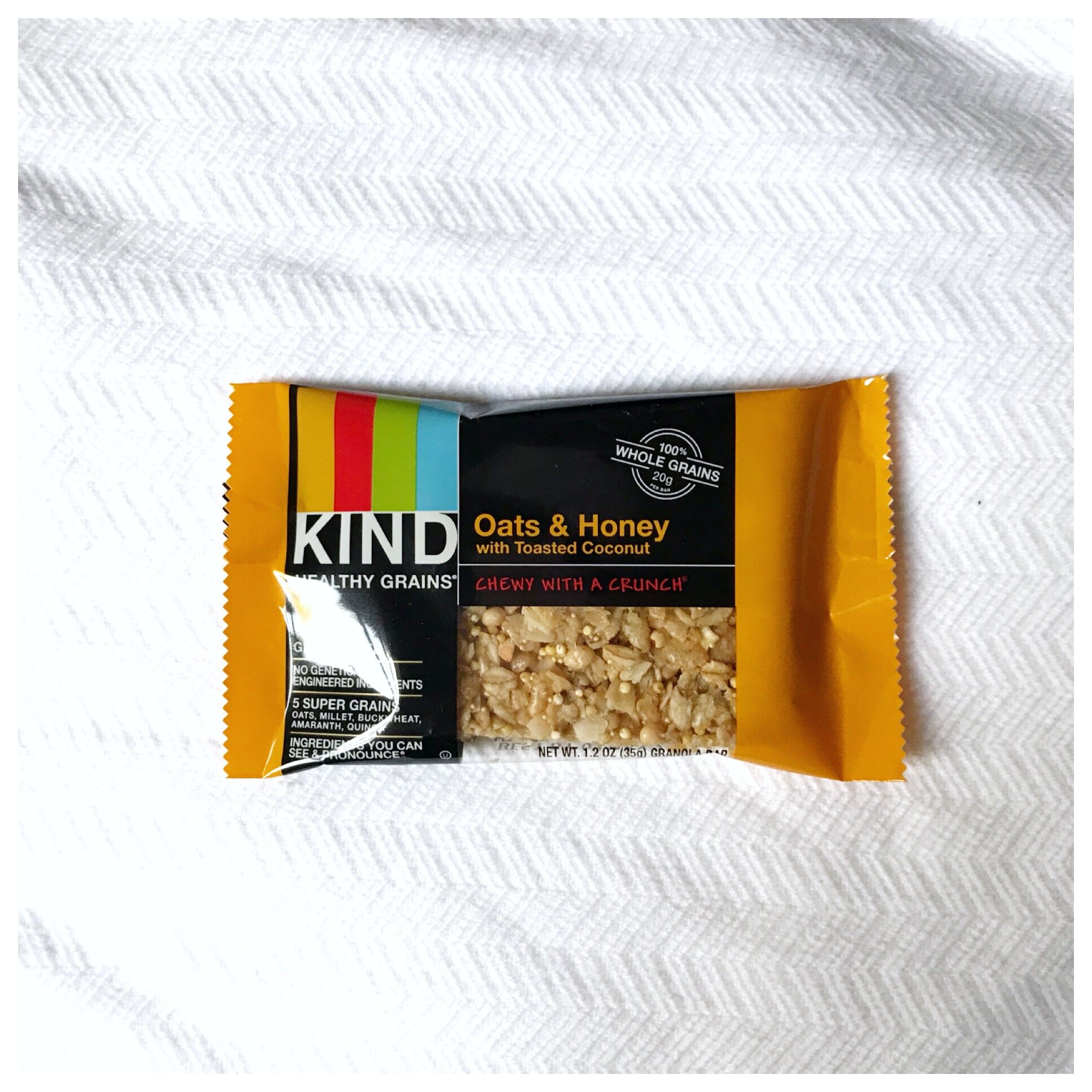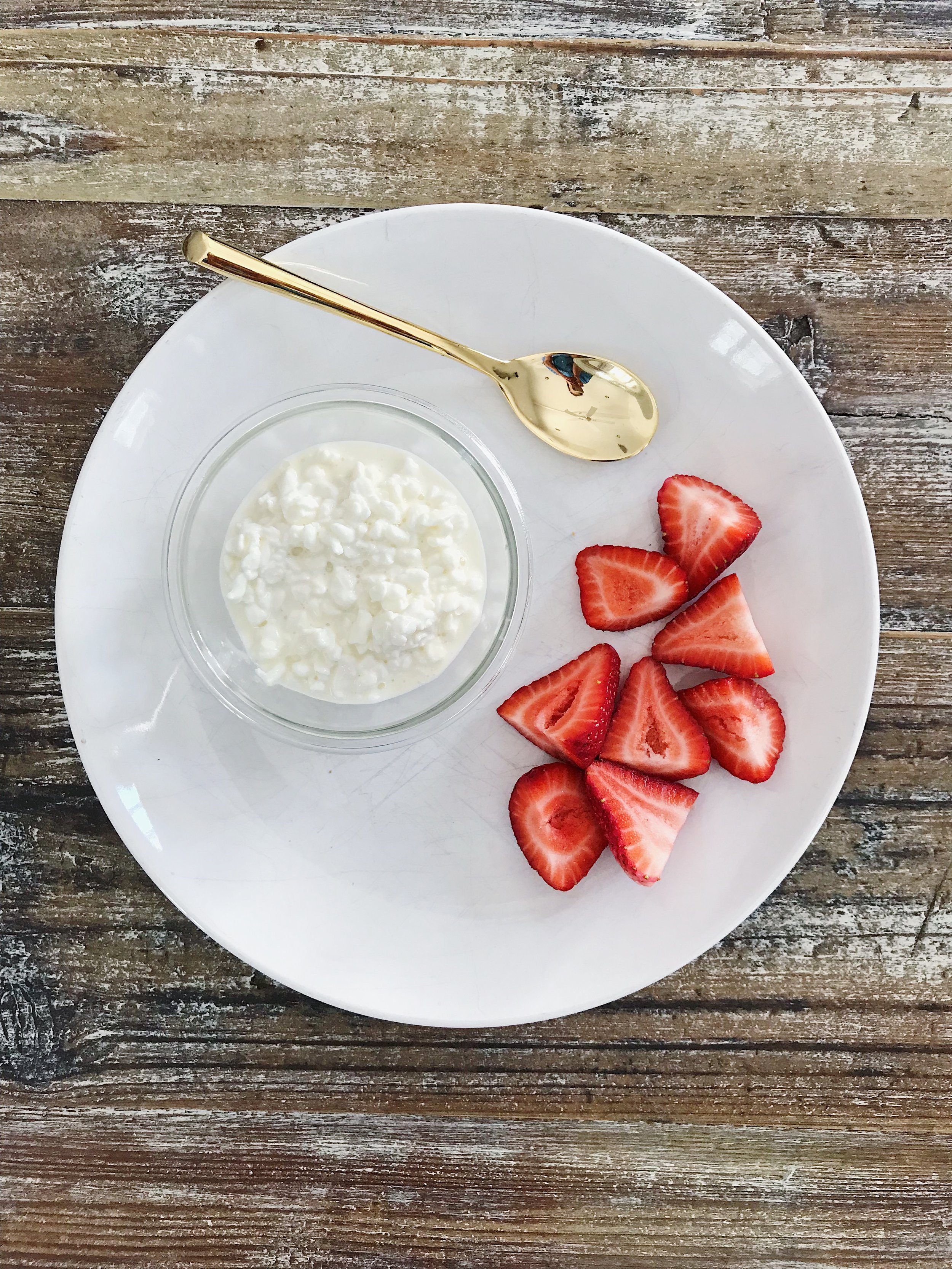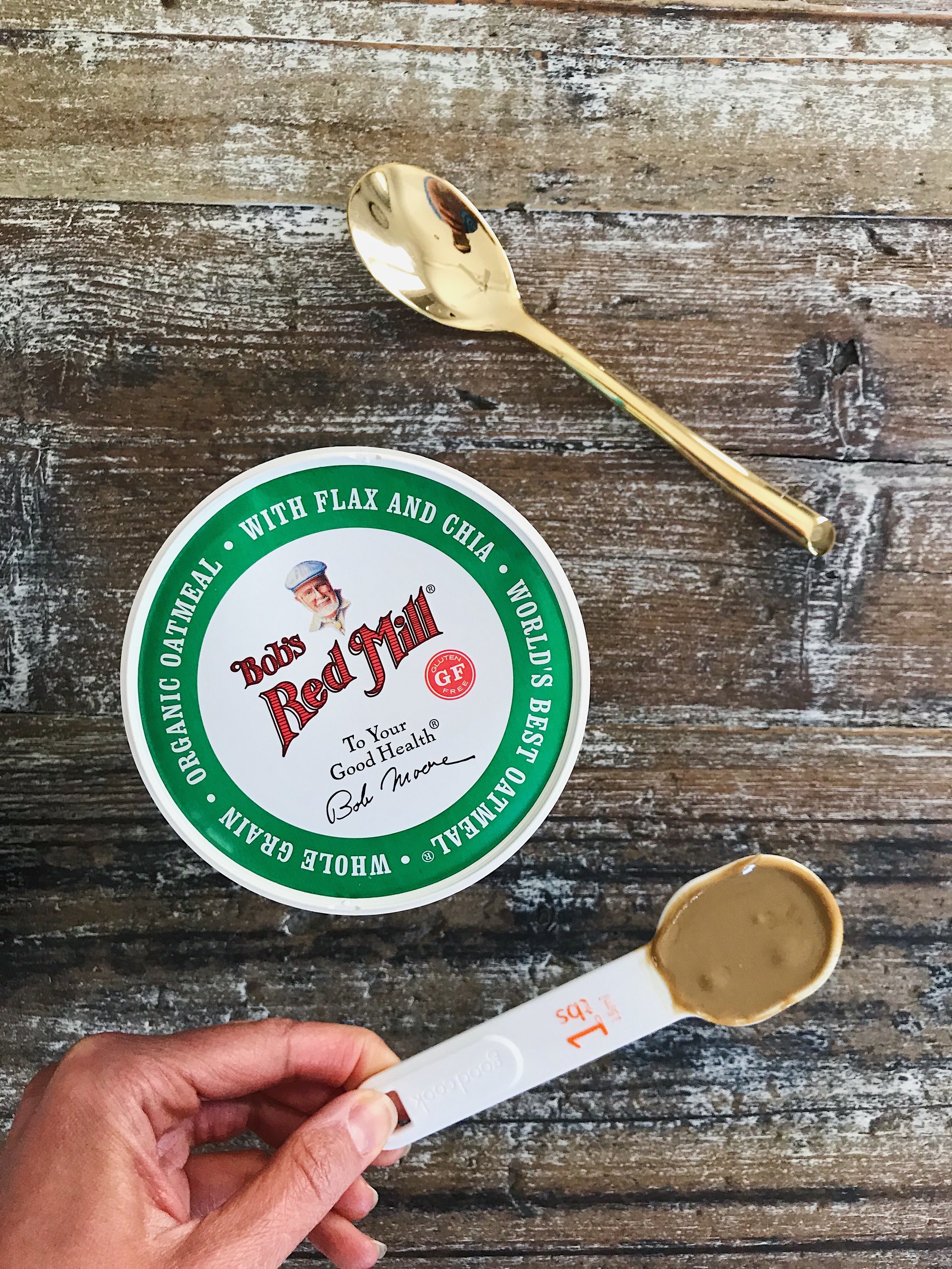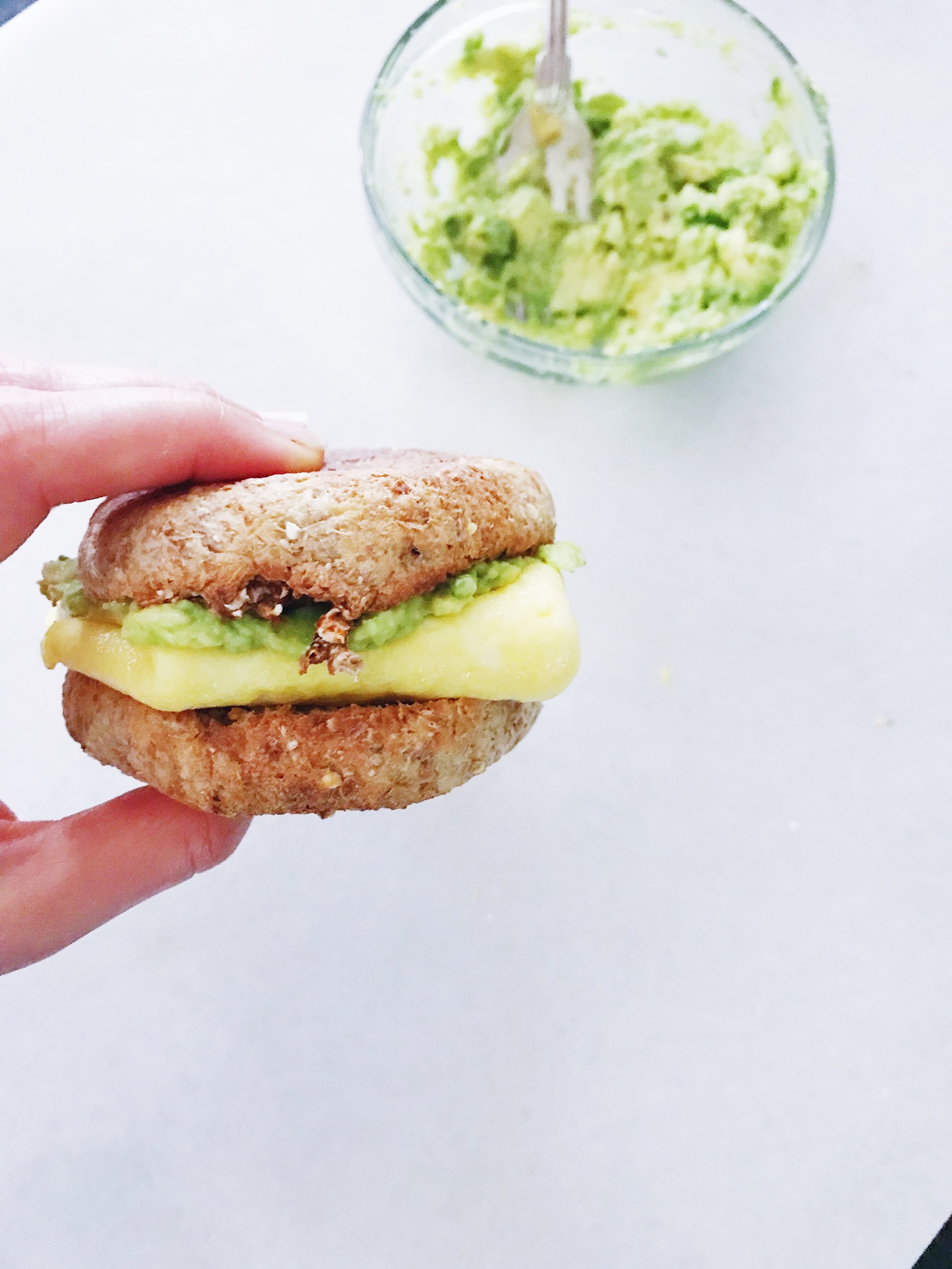Ok, guys. I feel like today’s post is a big one, skipping school lunch. So many athletes that come to see me skip school lunch! So. Many. Maybe they don’t skip every day but they probably skip at least a couple of days a week in the school week. If that is your athlete, then today’s post is for you and feel free to pass this along to your young athlete 🙂.
Today I’m going to discuss (1) why skipping lunch is counterproductive or even harmful to a young athlete’s health and performance, (2) some reasons your athlete may skip lunch (that I have seen most often in my practice), and, then, (3) how we can help our athletes fuel better when they are accustomed to skipping lunch. I hope you find this helpful as we enter a new school year!
Why Skipping School Lunch Is counterproductive or Harmful to a Young Athlete’s Health & Sport Performance:
In many ways kids and teens are resilient. We know they tend to bounce back faster after illness or injury than adults. However, nutrition, or I should really say, a lack of proper consistent nutrition, in my pediatric nutrition experience, is not something that their bodies are more resilient with. Why is this? It is because:
Their young bodies may only be able to utilize a certain amount of a nutrient at once, a lesser amount than an adult body. An example would be protein. 40 grams of protein at a meal / snack is not going to be as beneficial for a 13 year old soccer player as it would be for a 27 year old professional soccer player or 45 year old non-athlete. At that young age the body will use roughly 20 maybe 30 grams of consumed protein to build / maintain muscle. It may use additional protein for other needs of the body but not to build muscle. And the rest may be stored or broken down and gotten rid of by the body.
So, with this being said, why then is skipping the lunchtime meal and often going most of the school day without eating, counterproductive or harmful to a young athlete’s health & sport performance? It is counterproductive because…
This extremely long period of time without fueling the body can cause the body to use protein for fuel (ie, break down muscle) because carbohydrate stores have been depleted. This can hinder goals of improved strength and muscle gain.
This extremely long period of time without fueling the body puts the athlete at risk of dizziness, fatigue and fainting during practices due to his/her brain and muscles being depleted of energy (in an energy deficit). This can of course lead to possible injury and certainly decreased performance during games and competition. I always say, “If you want to play or perform your best then you have to show up to practice your best”.
This extremely long period of time without fueling the body specifically after a practice (for example: an intense morning practice followed by nothing to eat, maybe some goldfish or chips until school gets out that afternoon) can hinder improvements in strength, power or technique because the athlete has failed to consume any recovery fuel to support replenishment of energy (carb) stores, building/rebuilding of muscle (protein) and hydration of the body.
On a more health-related note, we all want balanced blood sugars. Getting that mid-day meal helps balance blood sugars. Low blood sugars can cause someone to feel lightheaded and dizzy, it can make it hard to concentrate and it can enhance feelings of anxiety. So, not only does it help with performance, but eating consistently throughout the day can also be helpful in managing anxiety as well as supporting academic performance.
Most young athletes that I see are (a) trying to improve performance (b) working on recovering from an injury or (c) trying to build lean muscle. Skipping lunch and going from 7:30 am (breakfast that the athlete is hopefully eating) to about 3:00pm (after school snack), that’s almost 8 hours, is hindering each of the above goals. While some athletes may at least grab a snack, I remind them that having a small bag of pretzles or chips is not sufficient. A missed meal is a missed chance to fuel the brain and the body for a later practice or to help recover the body after an earlier practice and eating a meal twice as big at the end of the day is not going to make up for it.
4 Potential Reasons Your Athlete Is Skipping School Lunch:
They say they don’t have enough time.
They don’t like the food served in the cafeteria.
They would rather study, finish an assignment or hang out with their friends during lunch.
They are struggling with disordered eating behaviors that limits their ability or desire to eat during lunch.
4 Ways to Fuel Through Lunch / the School Day:
They say they don’t have enough time.
Trying several hearty, sport-supporitng snacks throughout the day during lunch and between classes.
I remind athletes, “If you want to be a great athlete, play in college, get the scholarship, etc. you have to do the work and that includes EATING. Eating is just as important as practice, conditioning, cross-training and sleep!
They don’t like the food served in the cafeteria.
If you are able, it’s time to start packing a lunch that the athlete gets to help plan. They can eat school lunch or they can eat a lunch from home, or, in some cases, they can have a bunch of larger snacks throughout the day in place of the one meal, but not eating is not an option. And there is nothing wrong with the classic BP&J!
They would rather study, finish an assignment or hang out with their friends during lunch.
This would be a great reason to start packing a lunch. And pack foods that are easy and convenient to eat while studying, working on an assignment or hanging out with friends. Ideas include: cheese sticks, turkey slices, Greek yogurts, whole grain granola bars, grapes, apple slices, carrot sticks with hummus, homemade trailmix (with cereal, nuts, seeds, dried fruit), milk/chocolate milk, and popcorn.
They are struggling with disordered eating behaviors that limits their ability or desire to eat during lunch.
I am not going to go too much into this topic today because it really is it’s own series of posts for another day. But if your athlete is struggling to eat lunch because of disordered eating thoughts, I highly encourage you to find a dietitian specializing in eating disorders and connect with a counselor that specializes in eating disorders quickly. This is a hard block and can take time to work through.
If your athlete is struggling with eating lunch at school, I hope this post has given you some points of discussion when chatting with your athlete as well as some ideas to break the barrier and start getting your athlete fueled through his/her school day.
Need help fueling your athlete this fall? You can follow me on Instagram at @taylormorrisonRD for more info and tips or you can reach out to me to schedule a call and see if working together would be a good idea!
Happy Fueling!
Taylor















